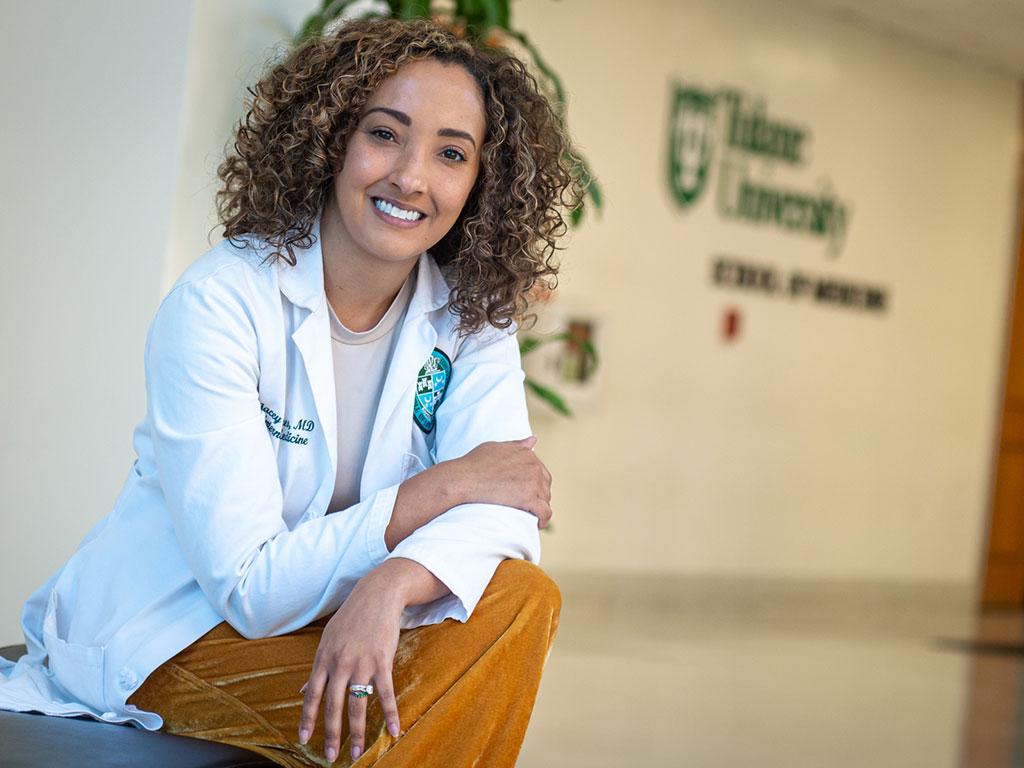Tips on being your own best health advocate
Maybe personal wellness is one of your goals for 2021. A good part of that plan is to advocate for yourself, especially in the doctor’s office. Jacey Jones, MD, assistant professor of clinical medicine at Tulane School of Medicine, offers some suggestions to improving your doctors’ visits, regardless of your health status.
Find a primary care doctor to help guide your health care. If you don’t have a physician, ask friends and family for recommendations. Even if you feel great, you still need annual health maintenance such as a flu shot, health screenings such as cholesterol levels, and other options based on your age, gender and health history. Your insurance company can also be a good resource for finding a physician within your network.
If you don’t have healthcare insurance, try to find coverage. Insurance is more accessible and affordable since the Affordable Care Act. But you can also locate a low-cost or free clinic in your area.
“Don’t let not having insurance be a barrier to getting a doctor,” Jones said.
Communicate fully with your doctor. You should feel comfortable talking to your physician and be willing to have an open conversation with him or her. Write down your thoughts if you need to, and take the paper to the appointment. If something is bothering you, speak up. If the doctor dismisses your comments or acts like he or she is not actively listening, it might be a sign that you should find a healthcare provider who takes your comments seriously.
Bring your medicines with you. Having the prescriptions you take regularly – or should be taking regularly – can free up time in the appointment to discuss other matters.
Consider a health buddy. A trusted person who knows what your health issues are and how you feel about them can accompany you on appointments and can back you up if you can’t verbalize your feelings.
Talk frankly with your loved ones about your health. Whether you have chronic health issues or are feeling fine and not experiencing any symptoms, it’s better in the long run to talk to your family and/or friends about how you view health care and what you want to get out of your doctors’ visits, especially before a high-stress situation arises.
“Nobody wants to have these conversations,” Jones said. “You don't want to go to your primary care doctor’s office when you're feeling great and it’s a sunny day outside and [talk] about end of life. But you also don't want to have that conversation in the ICU or in the hospital or after a surgery when something’s gone wrong.”
Make the most of a telemedicine visit. Telemedicine is a reality for the rest of 2021, and while it may not be as effective as an in-person visit, a good physician can figure out what’s going on with your health and at least refer you to the right test. You don’t need a computer setup, either; a phone will do.
For more of Dr. Jones’ conversation about being your own health advocate, listen to the “On Good Authority” podcast here.

